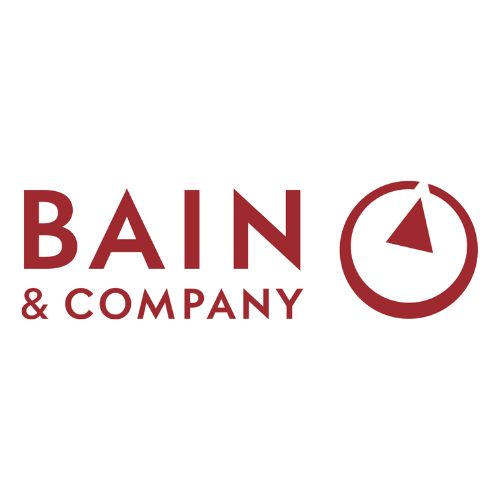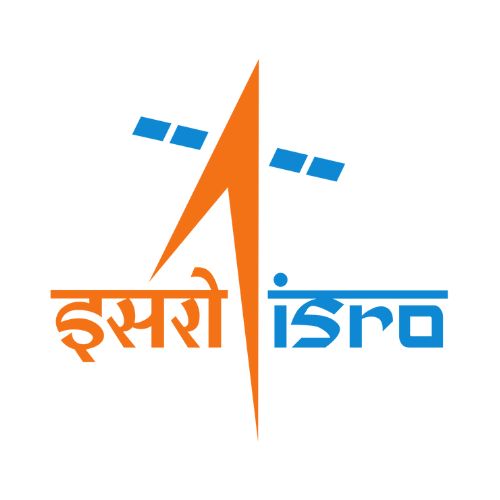Table of Contents
Understanding the Full Form of B.Tech and B.E.
B.Tech stands for Bachelor of Technology, while B.E. stands for Bachelor of Engineering. Many students often get confused between these two degrees as they appear similar, but they have distinct differences.
Both degrees are undergraduate engineering programs, but their focus differs. B.Tech emphasizes practical application and hands-on skills, whereas B.E. is more theoretical and research-oriented.
These programs cover a broad spectrum of engineering disciplines and equip students with knowledge and skills essential for the industry. Graduates can pursue advanced education, such as M.Tech, M.E., or MBA, or opt for short-term certifications in trending fields like Cyber Security, Ethical Hacking, Robotics, Nanotechnology, and Software Testing.
Engineers are in high demand across various sectors, including IT, banking, automobile, manufacturing, and research & development.
B.Tech vs. B.E.: Key Differences
Many people believe that both courses are the same. However, their approach to education and curriculum structure differ.
B.Tech (Bachelor of Technology)
B.Tech is an undergraduate course focusing on the technical and practical aspects of engineering, making it a more application-driven program.
B.E. (Bachelor of Engineering)
B.E. is an undergraduate degree emphasizing the theoretical and conceptual aspects of engineering, providing a deeper understanding of the subject.
The difference is reflected in the curriculum design and teaching methodology of these courses.
B.Tech vs. B.E.: Course Highlights
| Feature | B.Tech | B.E. |
|---|---|---|
| Full Form | Bachelor of Technology | Bachelor of Engineering |
| Course Type | Practical and skill-oriented | Theory-focused and concept-based |
| Eligibility | 10+2 with 50% in Physics & Chemistry; entrance exams like JEE Mains, GUJCET | 10+2 with 50% in Physics & Chemistry; entrance exams like JEE Mains, GUJCET |
| Duration | 4 years (8 semesters) | 4 years (8 semesters) |
| Subjects | Fluid Mechanics, Thermodynamics, Digital Electronics, Engineering Economics & Management | Engineering Physics, Mechanical Engineering, Engineering Chemistry, Computer Systems & Programming |
| Top Colleges | IITs, BITS Pilani, Manipal, Sikkim Manipal, St. Andrews Institute of Technology | IITs, BITS Pilani, Manipal, Sikkim Manipal, St. Andrews Institute of Technology |
| Specializations | Computer Science, Aeronautical Engineering, Electrical Engineering, Biotechnology, Robotics Engineering | Civil Engineering, Petroleum Engineering, Marine Engineering, Biomedical Engineering |
| Job Roles | Robotics Engineer, Software Developer, Electronics Engineer, Civil Engineer | Production Engineer, Mining Engineer, Electronics & Communication Engineer |
Eligibility Criteria for B.Tech and B.E.
The eligibility criteria for both degrees are quite similar:
- Candidates must have completed 10+2 with Physics, Chemistry, and Mathematics.
- Minimum 50% aggregate marks are required (varies by university).
- A valid entrance exam score (such as JEE Main, JEE Advanced) is required for admission to reputed institutions.
Popular Engineering Entrance Exams
- JEE Mains
- JEE Advanced
- MHT CET
- CUET
- TS EAMCET
- BITSAT
- COMEDK UGET
- KCET
- KEAM
- WBJEE
Admission Without an Entrance Exam
Some private universities offer direct admission based on 12th-grade merit or management quota.
Course Duration
The duration of B.Tech and B.E. is 4 years, divided into 8 semesters. For working professionals, a flexible 3-year B.Tech program is available.
Popular Specializations in B.Tech/B.E.
Engineering offers numerous specializations catering to diverse industry needs.
- Mechanical Engineering
- Electrical Engineering
- Computer Science
- Civil Engineering
- Robotics Engineering
- Aeronautical Engineering
- Biomedical Engineering
- Petroleum Engineering
- Biotechnology
- Information Technology
Top Engineering Colleges in India
| College Name | Fees (INR in Lakhs) |
|---|---|
| IIT Bombay | 8-10 |
| IIT Delhi | 8-10 |
| IIT Madras | 5.31-10 |
| BITS Pilani | 20.76 |
| DTU | 2.97-6.87 |
| SRM University | 10-18 |
| VIT Vellore | 4.87-7.8 |
| NIT Silchar | 5 |
Can You Pursue B.Tech/B.E. Through Distance Learning?
Many students inquire about distance or part-time B.Tech/B.E. programs. However, as per UGC and AICTE guidelines, distance B.Tech/B.E. is not valid.
Instead, B.Tech for Working Professionals (also called B.Tech Flexible Timing) is available for diploma holders or professionals. This program allows students to complete their degree while working.
Features of B.Tech for Working Professionals
- Duration: 3 years (students are directly promoted to the second year)
- Mode: Hybrid (online classes with on-campus lab sessions)
- Schedule: Evening/weekend classes to accommodate working individuals
Top Recruiters for B.Tech/B.E. Graduates
Engineering graduates are highly sought after in various industries. Here are some of the top hiring companies:












Conclusion
For students unable to pursue a regular B.Tech/B.E., a B.Tech Flexible Timing program is an excellent alternative. It provides working professionals an opportunity to complete their engineering degree while managing their careers.
Graduates from B.Tech and B.E. programs have a vast scope in industries and can secure lucrative job roles in software development, mechanical engineering, civil engineering, robotics, and more.


